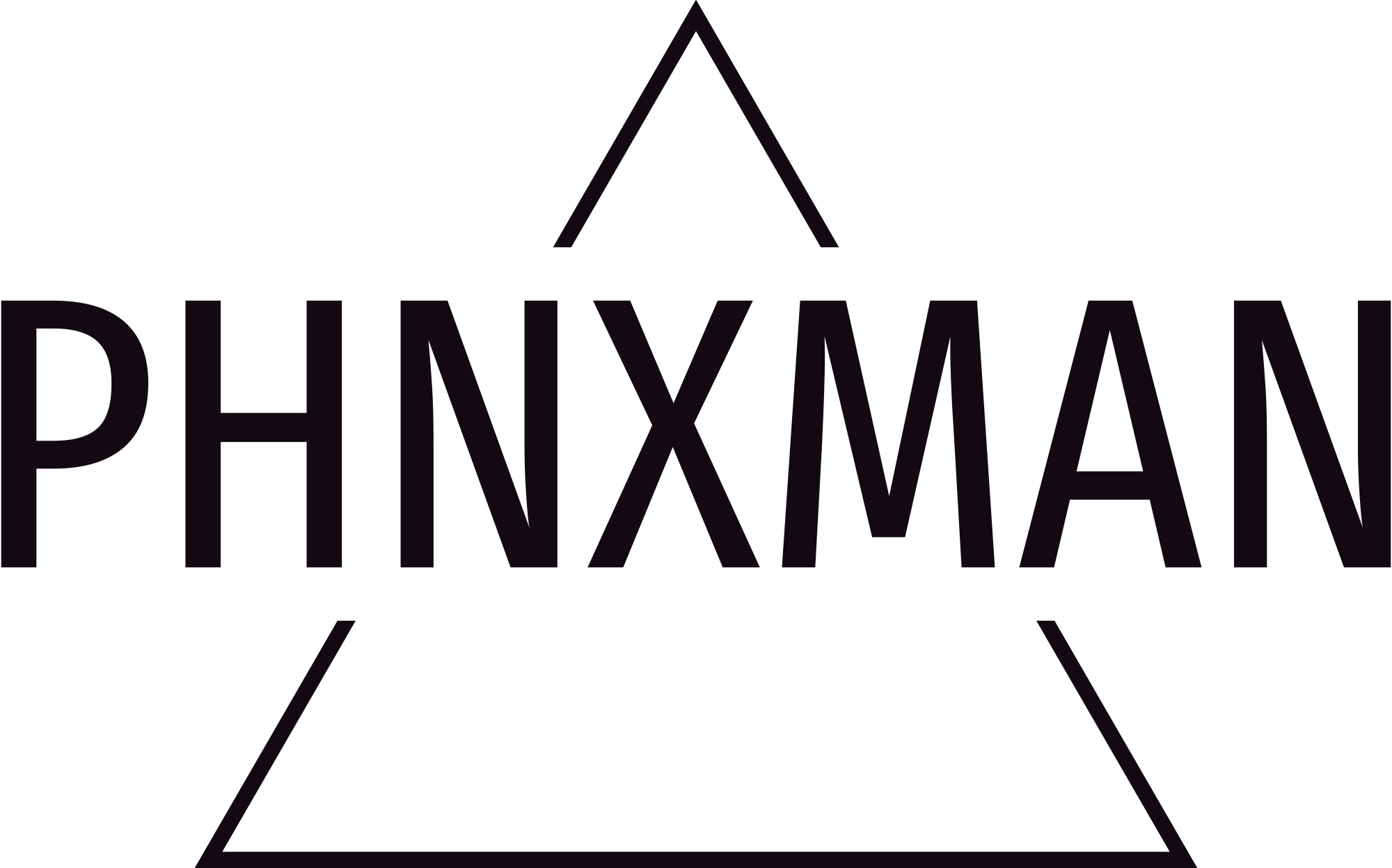Are you struggling to manage your time effectively and boost productivity? In today's fast-paced world, it's crucial to have solid strategies in place to make the most of your time and accomplish your goals. Whether you're a student, a professional, or a busy parent, mastering time management techniques can significantly impact your success and overall well-being. In this blog post, we'll explore effective strategies that can help you take control of your time and enhance your productivity, allowing you to achieve more with less stress.
Understanding Time Management and Productivity
Time management and productivity are essential elements that contribute to an individual's effectiveness in achieving their goals efficiently.
Defining Time Management and Productivity
Time management refers to the practice of organizing and planning the amount of time spent on specific activities to enhance productivity and efficiency. On the other hand, productivity focuses on the rate at which an individual or organization produces goods or services concerning the resources utilized.
Importance of Effective Time Management and Productivity
Mastering effective time management and productivity is crucial for several reasons. It helps individuals prioritize tasks, reduce stress levels, increase efficiency, and ensure that valuable time is not wasted. Additionally, it enables individuals to achieve a work-life balance, leading to a sense of fulfillment and accomplishment in both personal and professional endeavors.

Photo by Andrea Piacquadio
Analyzing Your Time
Understanding how to effectively manage your time starts with analyzing how you currently spend it. By identifying time wasters and learning how to prioritize tasks, you can make significant strides in improving your productivity.
Identifying Time Wasters
Begin by identifying activities that consume your time without contributing to your productivity. These could include excessive time on social media, unnecessary meetings, or disorganization. Take note of these time wasters to recognize patterns and develop strategies to minimize their impact on your schedule.
Prioritizing Tasks
Prioritizing tasks is essential for effective time management. Consider using techniques such as the Eisenhower Matrix, which categorizes tasks based on their urgency and importance. By allocating your time to high-priority tasks, you can ensure that your efforts are focused on activities that align with your goals and contribute to your overall productivity.

Photo by JESHOOTS.com
Setting SMART Goals
Setting SMART (Specific, Measurable, Achievable, Relevant, Time-bound) goals is an essential practice for effective time management and productivity. By following the SMART criteria, individuals can establish clear objectives and increase their likelihood of success.
Understanding SMART Criteria
The SMART criteria serve as a framework for creating objectives that are well-defined and attainable. Each component contributes to the overall effectiveness of the goal-setting process:
- Specific: Goals should be unambiguous and precise, outlining exactly what is to be achieved.
- Measurable: There should be concrete criteria for measuring progress and determining when the goal has been met.
- Achievable: Objectives should be realistic and feasible within the given constraints and resources.
- Relevant: Goals should align with the overall mission and other relevant goals.
- Time-bound: A target date or timeframe should be established to create a sense of urgency and maintain focus.
Implementing SMART Goals for Time Management
When applying the SMART framework to time management, individuals can enhance their efficiency and productivity. By setting specific, measurable, achievable, relevant, and time-bound goals, individuals can gain a clear understanding of what needs to be accomplished and delineate a path to success. For instance, if a professional aims to complete a project within a specified timeframe, setting SMART goals allows for better planning, progress tracking, and resource allocation to ensure successful project completion.

Photo by Joseph Ruwa
Creating a Productive Work Environment
A productive work environment is crucial for maximizing efficiency and achieving optimal results. It involves organizing your workspace and minimizing distractions to create an atmosphere that fosters focus and productivity.
Organizing Your Workspace
An organized workspace can have a significant impact on your productivity. Ensure that your desk is clutter-free and well-organized. Use desk organizers, trays, and folders to keep documents and stationery in proper places. Create a system for categorizing and storing important materials, ensuring easy access when needed. Additionally, personalize your space with motivational quotes or images that inspire and drive you to excel.
Minimizing Distractions
Minimizing distractions is essential for maintaining focus during work hours. Consider noise-cancelling headphones or soothing background music to block out disruptive sounds. Keep your mobile phone on silent mode or utilize apps that temporarily restrict access to non-essential applications or websites. If possible, designate a specific area for work to mentally reinforce the boundary between professional tasks and personal activities.

Photo by cottonbro studio
Minimizing distractions can significantly enhance concentration and productivity, ultimately leading to more impactful work outcomes.
Effective Planning Techniques
Utilizing To-Do Lists
To maximize productivity, it's essential to create a to-do list outlining tasks that need to be accomplished. Whether it's a digital task management tool or a traditional handwritten list, organizing tasks provides a clear roadmap for the day. Prioritizing tasks ensures that the most critical activities are completed first, allowing for a sense of achievement and progress.
Time Blocking for Improved Efficiency
Time blocking involves dedicating specific time slots to particular tasks or activities. By allocating focused time periods for individual projects, it becomes easier to avoid distractions and maintain concentration. This method enhances efficiency by streamlining the workflow and ensuring that each task receives the necessary attention without unnecessary interruptions.

Photo by fauxels
Adopting Time-Saving Tools and Techniques
In today's fast-paced world, time management is crucial for productivity. Adopting time-saving tools and techniques can significantly enhance efficiency and allow for better allocation of resources, resulting in increased productivity and reduced stress levels.
Leveraging Technology for Productivity
Utilizing technology can streamline tasks and improve productivity. Time management apps, project management software, and communication tools enable individuals and teams to organize, prioritize, and execute tasks effectively. These tools provide insights into time allocation, track progress, and facilitate collaboration, ultimately optimizing productivity levels.

Photo by cottonbro studio
Automating Repetitive Tasks
Automating repetitive tasks can save valuable time and reduce the burden of manual work. Tools such as scheduling software, email filters, and workflow automation platforms enable individuals to automate routine activities, allowing them to focus on more complex and strategic responsibilities. By minimizing time spent on repetitive tasks, individuals can dedicate more energy to high-impact activities, leading to increased productivity and improved work-life balance.
Delegating and Saying No
As professionals, mastering the art of delegating tasks and learning to say no are crucial skills in maintaining productivity and work-life balance. Delegation involves identifying tasks suitable for transfer to others, while setting boundaries and knowing when to refuse additional responsibilities are essential for managing workload effectively.
Identifying Tasks for Delegation
Before delegating tasks, it's essential to identify those that can be effectively handled by others. Routine administrative duties, research tasks, or non-essential projects are suitable for delegation. Additionally, tasks that provide growth opportunities for team members can be considered for delegation, fostering a sense of responsibility and skill development.
Setting Boundaries
Establishing boundaries in the workplace is vital for maintaining a manageable workload and preventing burnout. Communicate clearly about capacity and priorities, ensuring that additional tasks align with your current workload and objectives. Setting boundaries also involves knowing when to decline non-essential tasks to maintain focus on high-impact responsibilities.
Managing Workload
Effectively managing workload involves evaluating priorities and workload capacity. Utilize tools and strategies such as time blocking, to-do lists, and prioritization techniques to manage tasks efficiently. Additionally, setting realistic expectations and communicating workload constraints with colleagues helps in managing responsibilities effectively.

Photo by MART PRODUCTION
Managing Stress and Avoiding Burnout
Feeling stressed and overworked? It's essential to prioritize your mental well-being to maintain a healthy work-life balance and prevent burnout. Here's how to effectively manage stress and achieve harmony between your professional and personal life.
Stress Management Strategies
- Prioritize Tasks: Create a to-do list and prioritize tasks based on urgency and importance. Tackling high-priority tasks first can reduce stress and prevent last-minute rushes.
- Take Breaks: Incorporate short breaks into your workday to recharge. Stepping away from your desk, practicing deep breathing, or taking a short walk can help clear your mind and increase productivity.
- Set Boundaries: Learn to say no when your plate is full. Setting boundaries and managing expectations can prevent overwhelming workloads and minimize stress.
- Seek Support: Don't hesitate to seek support from colleagues, friends, or mentors when feeling overwhelmed. Talking about your challenges can provide perspective and alleviate stress.
- Mindfulness Practices: Engage in mindfulness activities such as meditation, yoga, or deep breathing exercises to center yourself and reduce stress levels.
Importance of Work-Life Balance
Maintaining a healthy work-life balance is crucial for overall well-being and productivity. Here's why it matters:
- Preventing Burnout: Balancing work responsibilities with personal time can prevent burnout and help you maintain enthusiasm for your work.
- Enhanced Productivity: A well-rested and balanced mind is more productive. Taking time for personal activities can refresh your mind and improve your focus when you return to work.
- Improved Mental Health: Allocating time for hobbies, family, and relaxation can improve mental health, leading to increased job satisfaction and overall happiness.
Creating a harmonious balance between work and personal life is vital for long-term success and well-being. Implement these stress management strategies and prioritize work-life balance to thrive both personally and professionally.

Photo by Andrea Piacquadio
Conclusion
In conclusion, implementing effective time management and productivity strategies is essential for achieving success in both personal and professional endeavors. By prioritizing tasks, setting clear goals, minimizing distractions, and utilizing time-saving tools, individuals can maximize their productivity and make the most of their time. It's important to remember that finding the right strategies may require some trial and error, but with persistence and dedication, it's possible to significantly improve time management skills and overall productivity.








